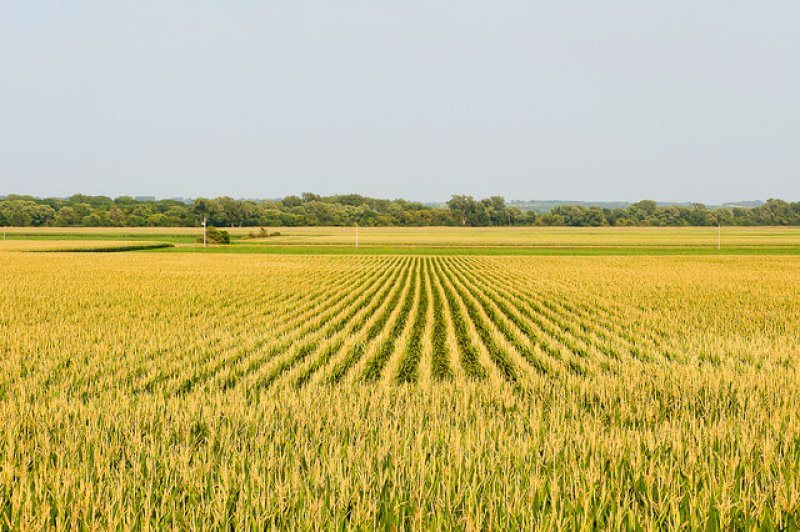The GLP aggregated and excerpted this blog/article to reflect the diversity of news, opinion and analysis.
. . . .It seems to defy reason that this anachronistic farm state. . .should play such an outsized role in American politics. But Iowa . . . may be more relevant than ever. Grasping the corn . . . leads us not just to the tensions of immigration but to all the central issues of the campaign– to health care and obesity, to our nation’s worst environmental problems, to poverty and income inequality and to the entrenchment of a corporate oligarchy. . . Corn is the foundation of our bodies and our body politic, a truth that is more evident in Iowa than in any other place in the nation. . . .
. . . .
In August 2014, Corn Belt Fertilizer pollution led to a toxic algal bloom that poisoned the water supply of Toledo.
. . . .
. . . . If 40 percent of the cropland claimed by corn were planted with other crops and permanent pasture, the whole litany of problems caused by industrial agriculture– certainly the nitrate pollution of drinking water– would begin to evaporate. There are no technical or financial hurdles to implementing this program, but there is a political obstacle: the federal government would have to stop subsidizing the growing of corn. Between 1995 and 2012, those subsidies amounted to $84 billion.
At this point we would do well to remember that the time-honored mark of a developing country is that its tap water is undrinkable. Today “Don’t drink the water” is sound advice in much of Iowa.
Unfortunately this article is available to Harper’s subscribers only. If you subscribe, you can read full, original article here: The Trouble with Iowa































